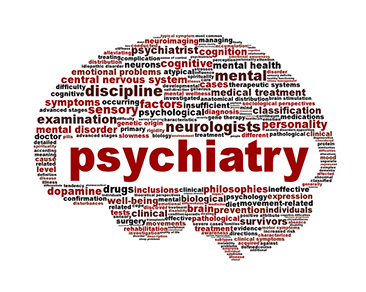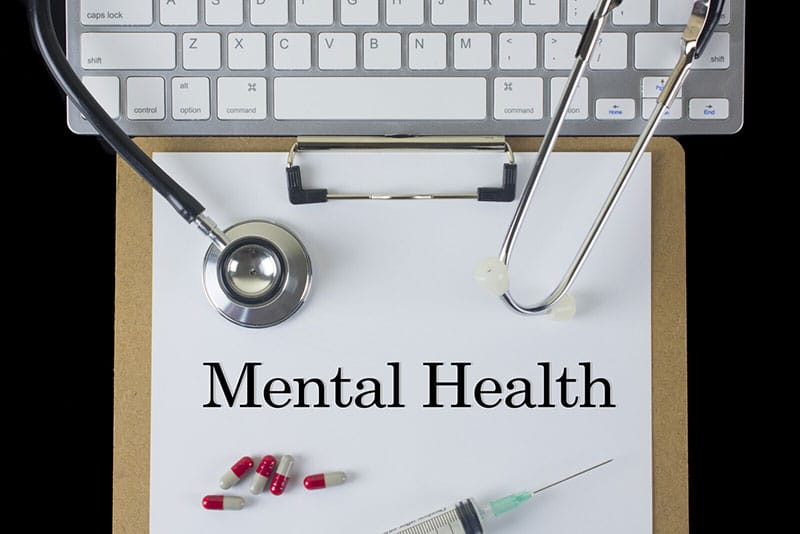 Big data plays an important role in the healthcare industry. In addition to human-generated information such as medical transcription services – data in electronic medical records (EMRs), paper documents, physicians’ notes, and email – examples of big data sources in the medical industry include web and social media data, news feeds and journal articles, health plan websites and smartphone apps, claims and other billing records, diagnostic images and blood pressure, pulse and pulse-oximetry readings, data from IT performance tracking, fingerprints, genetics, handwriting, retinal scans, and staffing schedules. So a healthcare organization’s operations data includes all the information that supports its capability to function on a day-to-day basis. Big data is now driving value and innovation to improve care and provider performance.
Big data plays an important role in the healthcare industry. In addition to human-generated information such as medical transcription services – data in electronic medical records (EMRs), paper documents, physicians’ notes, and email – examples of big data sources in the medical industry include web and social media data, news feeds and journal articles, health plan websites and smartphone apps, claims and other billing records, diagnostic images and blood pressure, pulse and pulse-oximetry readings, data from IT performance tracking, fingerprints, genetics, handwriting, retinal scans, and staffing schedules. So a healthcare organization’s operations data includes all the information that supports its capability to function on a day-to-day basis. Big data is now driving value and innovation to improve care and provider performance.
Big data is now finding new applications in psychiatry. According to a recent report in Psychiatry Advisor, big data in psychiatry is a useful tool to improve treatment and to understand various disorders. The report lists the benefits of big data management in the field of mental health as follows:
- Big data can enhance the general understanding about human behavior.
- Management and analysis of observational data offers good prospects for research and exploration.
- Advanced analysis of the data could help in establishing new clinical distinctions between cases and symptoms, as well as various phenotypes, which in turn, would increase understanding of the variety present in psychiatric diagnoses, and the role of genetics in specific cases.
- Big data could provide more information about marginalized subpopulations by establishing sufficient sample sizes of these groups.
- It could process large volumes of multisite neuroimaging data thereby improving the understanding of human brain processes in the normal and in the diseased state.
- Big data gleaned from social media could help suicide prevention. By studying massive samples, of the complete medical history of millions of individuals and their social media posts, experts can develop successful interventions for individuals with suicidal tendencies who are usually excluded from clinical trials.
For the healthcare industry, the key is to become skilled in using the potential that big data offers in order to improve patient care, drive innovation, and enhance organizational performance.
Today, electronic health records are one of the most important sources of big data. However, an article published in Healthcare IT News last year reported on a JABFM study which found that when it comes to behavioral health, the EHR’s ability to deliver the “complete, current, just-in-time information” necessary for physicians to treat patients effectively is limited. One of the key findings of the study was that current EHR systems posed challenges for documenting and tracking relevant behavioral health and physical health information. What providers should know is that outsourcing medical transcription to a company that provides mental health transcription services will help ensure comprehensive, accurate and timely documentation including EHR-integrated solutions and reporting to support tracking patients with behavioral problems over time and settings.


